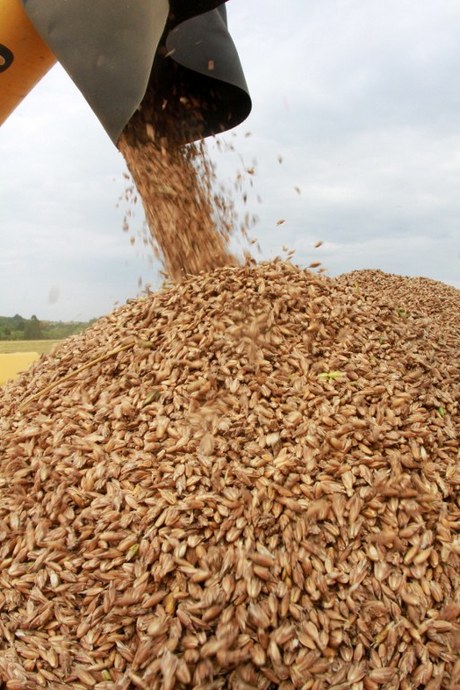Walid Gamal El-Din, Chairperson of the Suez Canal Economic Zone (SCZONE), held a high-level roundtable with representatives of eight Japanese companies exploring potential investments in the Zone across multiple sectors.
The participating companies included Nippon Signal (railway signalling technologies), JOIN (a global infrastructure investment fund), Deloitte Tohmatsu (consultancy and business services), Compasspoint (logistics and sales management), PADECO (project management consultancy), Qunie Corp (advisory services), Sakai (heavy machinery for infrastructure works), and Taitan Capital (real estate investment).
Gamal El-Din outlined investment opportunities across SCZONE’s 21 strategic sectors, including metals, automotive, pharmaceuticals and active ingredients, green fuels and related industries, as well as data centres. He highlighted the Zone’s competitive advantages, such as a skilled technical workforce, access to diversified and cost-competitive energy sources, and a streamlined one-stop digital services platform. He further underscored the integration of SCZONE’s industrial zones, logistics centres, and affiliated seaports, which enhance global supply chain connectivity and provide access to more than two billion consumers worldwide.
In parallel with SCZONE’s first participation at the ninth Tokyo International Conference on African Development (TICAD9), Gamal El-Din delivered a keynote address at a high-level panel discussion organised by the Organisation for Economic Co-operation and Development (OECD) in partnership with the African Union. The session focused on themes from the OECD’s forthcoming African Development Dynamics 2025: Infrastructure, Growth and Transformation (AfDD 2025) report, with priorities including infrastructure financing, investment, and human capital development.
In his remarks, Gamal El-Din stressed that SCZONE exemplifies how world-class infrastructure and facilities create a favourable investment climate, mitigate risks, and support supply chain integration. He pointed to major investments made by both the Egyptian state and SCZONE over the past decade to upgrade infrastructure in line with international standards. These projects include power and water plants, telecommunications, industrial safety systems, and extensive internal road networks.
He also highlighted the development of six seaports under SCZONE’s jurisdiction on the Red Sea and Mediterranean, aimed at enhancing global market access. Upgrades include deepening and widening port basins for next-generation vessels, constructing multipurpose berths and yards, and developing storage facilities such as silos and cold chains for food and pharmaceuticals. The Zone has also partnered with leading global port operators and international shipping lines to strengthen its competitive position.
Concluding his remarks, Gamal El-Din emphasised that SCZONE’s integrated infrastructure and services reinforce its role as a preferred global investment destination and industrial hub. He added that the SCZONE model offers a successful framework that can be replicated across Africa to advance sustainable development and maximise the continent’s resources.



